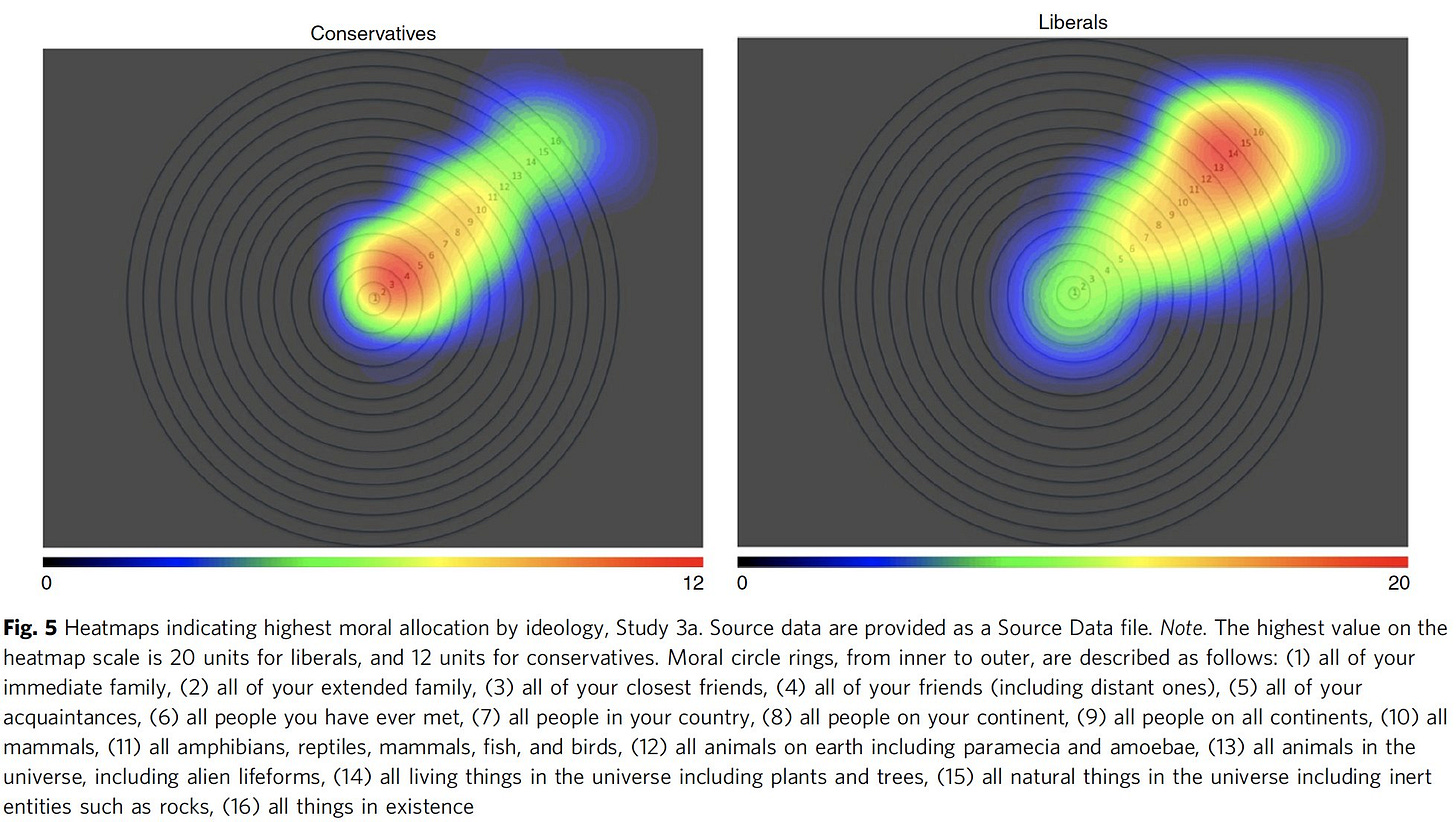Friendship in the age of politics and productivity
If you cull friends in the name of efficiency or ideological purity, the problem is you
“I don't need a friend who changes when I change and who nods when I nod; my shadow does that much better.” —Plutarch
Let’s talk about friendship today, because I’ve noticed an odd trend happening. Many have become deeply pathologized on adherence to specific political allegiance and life optimization, with friendship an unwitting casualty. It couldn’t be sadder, or dumber. While I’ve personally never lost a friend due to political dispute or because I’m something to be ‘optimized away,’ I’ve heard it happen to others. I would like to think I choose friends better than this and hope not to be proven wrong. Of note, I wouldn’t lose sleep if someone elected to no longer be a friend because I didn’t pass some kind of purity test I didn’t even know I was taking. It’s hard to think of something more childish.
I personally view it as something admirable if someone sustains at least some relationships from childhood or even just over the years as they move to different jobs and places. To maintain a relationship for a decade or longer is proof a person values shared experiences and human connection over things like ideological purity. It shows they view others as independent beings, not simply avatars for the politics du jour. In a time when an honest Facebook post or heterodox thought outside silly tribal bounds can turn an old friend into a stranger, those who hold on to deep-rooted friendships demonstrate an increasingly scarce example of real character.
These are people who understand politics is not a blood sport, that calm disagreement doesn’t necessitate exile. They know the world evolves, opinions shift, people can mature and change. Legitimate friends stand by you when things are rough, when you say something they disagree with, when you are at your best or worst. This is what real friendship is. There is no imaginary points system.
Contrast this with those who sever friendships over political skirmishes or because they happen to disagree on an issue. This honestly couldn’t signal worse behavior. It’s the belief that ideological uniformity is more valuable than human connection, that it’s more important to be ‘right’ than be connected deeply to someone for the small window of time we share the planet together. And while they might find comfort in their curated circle of people who agree with them on every issue, they have mistaken agreement for loyalty. One is easy. The other is rare. I’ve spoken with people who have lost a friendship over politics or merely opinion, and it couldn’t make me sadder. I don’t think it’s happened to me because while I have friends I disagree with, they aren’t NPCs. I’m weird and so my friends are also weird and wonderful. But I can see how it’s happened with others who have friends with allegiance to a tribe over relationships. It also kind of feels un-American, it’s just not what we do here.

Just as silly as the above is the cult of optimization, which we’ve talked about before. We live in an era where for many, every aspect of life is treated like an algorithmic problem: track your sleep, optimize your spending, curate your social circle for strategic advantage. Some efficiency is of course good, but in a way if you add friendship to the list of things to be ‘optimized’ you are just as lost as the political amoebas.
The people who view life as purely a spreadsheet will inevitably look at friendships the same way. Note, funny enough, I knew some people in Silicon Valley who organized their dating prospects in a spreadsheet. Equally silly. For these lost souls, if a friend doesn’t provide some immediate career boost, if they don’t elevate one’s perceived status (which they have broken definitions of), if they are, heaven forbid, a “liability” in any way, then what use is there in maintaining the relationship? These are the people who will look around one day only to find themselves wildly successful but depressingly alone. They will have optimized their way into an isolated existence, their calendars full and their meaning empty.
What both groups fail to grasp is actual friendship is inherently inefficient and agnostic of tribal belief. It doesn’t scale. It doesn’t provide immediate returns. But its value is precisely in its refusal to be optimized or necessarily adhere to the same church. This perspective is part of a worldview that rejects both status-chasing and attempts at social engineering us. Actually understanding real friendship is a thing that might make the difference between a life well-lived and a life merely existing, chasing material excess and imaginary tribal points. Choose carefully.




This reminds me of an event that happened at a social club that my wife and I belong to (being vague on purpose). Anyways, a new girl showed up and all she cared about was the demographics of the group - we needed more "diversity" and she had no interest in the existing relationship dynamics or chemistry. Completely brainwashed into seeing humans as numbers and metadata, not real people.
This makes me appreciate living in Ohio with regular people because the only thing we optimize is the back patio for summer.